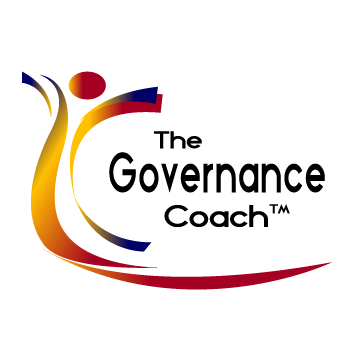My colleague, Ted Hull, wrote a blog a couple of years ago , about how boards can ensure the gains experienced through Policy Governance are not lost. However, because I think it’s impossible to overemphasize the importance of being intentional about sustaining excellence in governing, I decided to revisit this topic.
Given my long history in sport I often compare becoming a skilled Policy Governance board to the training for any type of sport. You need to learn the basic skills, practice those skills and develop muscle memory, and then use the skills in different types of situations, including high stress tests. Only then can an athlete or your board be confident it will be able to stay in excellent form.
Learning Policy Governance skills begins with understanding the principles, concepts and practices that are the basis of the governing system and its implementation. After learning those basic skills, your practices begin for real – your board starts using those skills in its meetings. You want to know how well you are doing, you want to keep improving, and you want to sustain a high level of performance. Following are practices that will help sustain the use of Policy Governance to enhance your board’s performance.
- Start with meeting self-evaluation. Do your meetings meet the standards you set in your policies? Ask board members: Did we stay focused on the board’s governance jobs? Did we encourage a diversity of viewpoints? Did we consider impact on our owners and risk to the organization when we make decisions? These and other questions can be used to target improvements in your next meeting. Any athlete – any type of performer, for that matter – will say that ongoing feedback is critical to improving performance.
- Make sure you set and follow a schedule for self-monitoring of your Governance Process and Board-Management Delegation policies. Look for examples of how your board has followed the criteria in its own policies. If the examples you find suggest your board is falling short of its expectations, make a plan for self-correction. Anyone who has practiced any sport knows that paying attention to clues about how well you are doing is importance to improving performance. Think of self-monitoring as bio-feedback for boards.
- Build an education plan. You’ll want to develop ways to deepen the knowledge you need to excel in policy development. You will want to learn skills or techniques to become better at linking with owners. Search for ways to develop the board’s teamwork skills. And don’t forget to pay attention to increasing your Policy Governance knowledge.
- Make sure you do a year-end evaluation. You want to know how well you did the board’s jobs of linking with owners, developing policy and evaluating CEO performance. You might even review your meeting self-evaluations to look for patterns – good and bad – of behaviour over the past year. In what situations did the board perform well? When did it struggle? What team does not sit down at the end of a season and assess what went as planned and where it went awry? So too should your board. As importantly, your board should set up an action plan for further developing its Policy Governance muscles.
- Plan for succession. Build a profile of desired skills and attributes. Every sports team I read about is always thinking about what players will help the team get better. Knowing what your board team needs is essential, whether your board controls the nomination process or board succession is the outcome of an open election or appointment process. You want potential candidates to be aware of the skills that will be helpful in their board work, as well as to be aware of the expected time commitment.
- A solid orientation will maintain the momentum you have developed as a board and mitigate unnecessary conflict. When new players join your board team, support them so that they can immediately make a contribution. No matter if they are appointed or elected, new board members will need a plan for “learning the playbook.” Some will need to know how to use the Policy Governance system, along with becoming familiar with governing documents, board practices and culture, and the administration and logistics of board meetings. Remember how it felt to be new to the team – be patient. Orientation can be ongoing through the first year, but start as soon as you can.
Just as any athlete at any point in their career can improve their performance with the expert guidance and feedback of a coach, so too can boards. If you think your board would benefit from coaching, get in touch. Our consulting team has the experience and knowledge to help you develop your Policy Governance muscles whether your board is just starting its Policy Governance journey or you are a seasoned performer.
